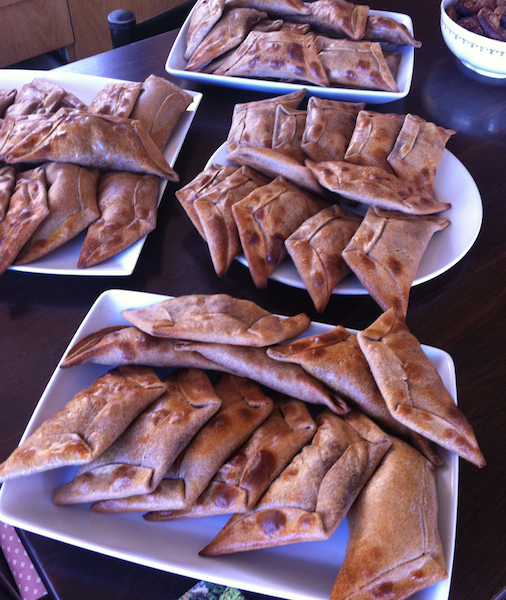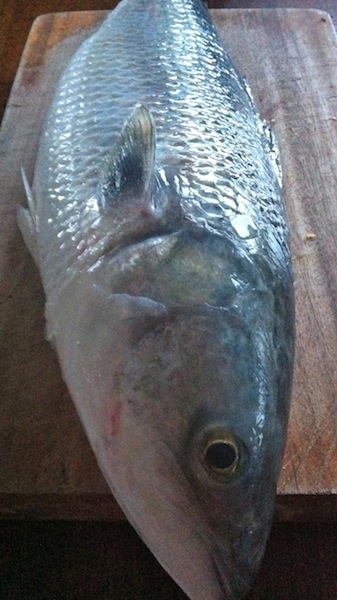Someone wants to take away from us the right to decide what to eat, what to plant and what to do with everything we grown ourselves.
The next is from nexus website, please read it all and make your own research.
What is the Food Bill?
– A Government Bill introduced to Parliament in May 2010, which has since passed its first reading and been through a Select Committee review. It is awaiting a second reading as at 20 July. It may be enacted in the near future.
What are the problems with the Food Bill?
– It turns a human right (to grow food and share it) into a government-authorised privilege that can be revoked by the Governor-General.
– It makes it illegal to distribute “food” without authorisation, and it defines “food” in such a way that it includes nutrients, seeds, natural medicines, essential minerals and drinks (including water).
– It will push up mainstream food prices by subjecting producers to red tape and registration costs. Food prices are already rising due to increased energy costs and commodity speculation, while effective disposable incomes are falling.
– Growing food for distribution must be authorised, even for “cottage industries”, and such authorisation can be denied.
– Under the Food Bill, Food Safety Officers can enter premises without a warrant using all equipment they deem necessary, including guns (Clause 265 – 1). Police can be Food Safety Officers, and so can members of the private sector, as at Clause 243. So Monsanto employees can raid premises like houses or marae without a warrant, backed up by armed police.
– The Government has created this bill to keep in line with its World Trade Organisation obligations under an international scheme called Codex Alimentarius (“Food Book”). So it has to pass this bill in one form or another.
– There are problems with Codex also. Codex will place severe restrictions on the content of vitamins, minerals and therapeutic compounds in food, drinks and supplements etc. The Food Bill means that non-complying producers can be shut down easily – thus it paves the way for the legal enforcement of Codex food regulations.
What are the implications for Food Security in NZ?
– The bill would undermine the efforts of many people to become more self-sufficient within their local communities.
– Seed banks and seed-sharing networks could be shut down if they could not obtain authorisation. Loss of seed variety would make it more difficult to grow one’s own food.
– Home-grown food and some or all seed could not be bartered on a scale or frequency necessary to feed people in communities where commercially available food has become unaffordable or unavailable (for example due to economic collapse).
– Restrictions on the trade of food and seed would quickly lead to the permanent loss of heirloom strains, as well as a general lowering of plant diversity in agriculture.
– Organic producers of heirloom foods could lose market share to big-money agribusiness outfits, leading to an increase in the consumption of nutrient-poor and GE foods.
If the bill is going to be passed anyway, what can we do?
– People must decide if they will allow the enacted bill to apply them individually. The hardest thing to realise here is that we actually have a choice. Yet we do. The Crown tells us we are subject to legislation only by our consent – in other words by our individual, informed choice – here.
This consent can be formally revoked using a notarised Claim of Right (see http://www.claimofright.org for a template). If such a Claim is not disputed by affected parties like the police, Ministry of Justice etc, the claimant is no longer subject to legislation (though still subject to Common Law).
– Those who choose not to be subject to the enacted bill and other prohibitive legislation individually can then take steps to protect their collective interests using the formal contract the Queen has with the Natives of this country – the contract being the 1835 Declaration of Independence and its subsequent variation, Te Tiriti o Waitangi 1840.
I am ready to fight for my rights, are you?
Sign the petition !!









